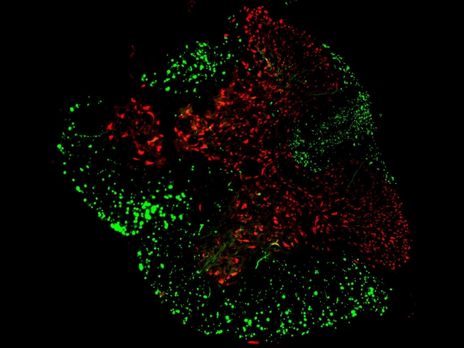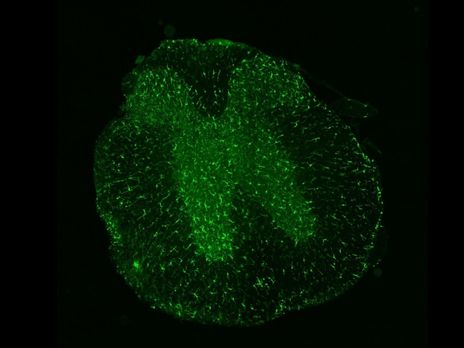Scientific Highlights
Lima R, Monteiro A, Salgado AJ, Monteiro S, Silva NA. Pathophysiology and Therapeutic Approaches for Spinal Cord Injury. Int J Mol Sci. 2022 Nov 10;23(22):13833. doi: 10.3390/ijms232213833.
Pinho AG, Monteiro A, Fernandes S, de Sousa N, Salgado AJ, Silva NA, Monteiro S. The Central Nervous System Source Modulates Microglia Function and Morphology In Vitro. Int J Mol Sci. 2023 Apr 22;24(9):7685. doi: 10.3390/ijms24097685.
Lentilhas-Graça, José; Santos, Diogo J.; Afonso, João; Monteiro, Andreia; Pinho, Andreia G.; Mendes, Vera M.; Dias, Marta S.; et al. “The secretome of macrophages has a differential impact on spinal cord injury recovery according to the polarization protocol”. Frontiers in Immunology 15 (2024): http://dx.doi. org/10.3389/fimmu.2024.1354479.
Maria M. Moura; Monteiro, Andreia; António J. Salgado; Nuno A. Silva; Monteiro, Susana. “Disrupted Autonomic Pathways in Spinal Cord Injury: Implications for the Immune Regulation”. Neurobiology of Disease (2024): https://doi.org/10. 1016/j.nbd.2024.106500.
Sousa, Carla S.; Monteiro, Andreia; Salgado, António J.; Silva, Nuno A.. “Combinatorial therapies for spinal cord injury repair”. Neural Regeneration Research (2024): http://dx.doi.org/10.4103/nrr.nrr-d-24-00061.















